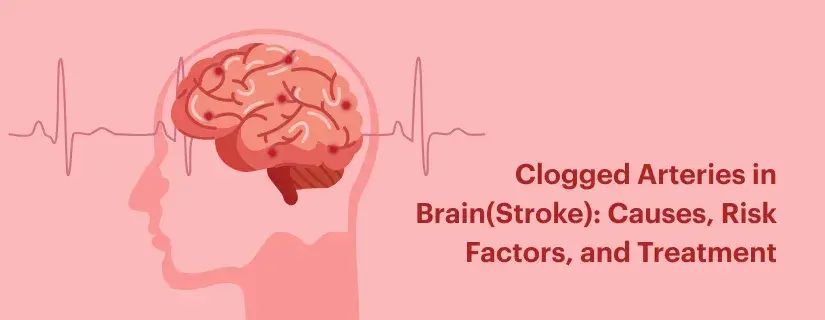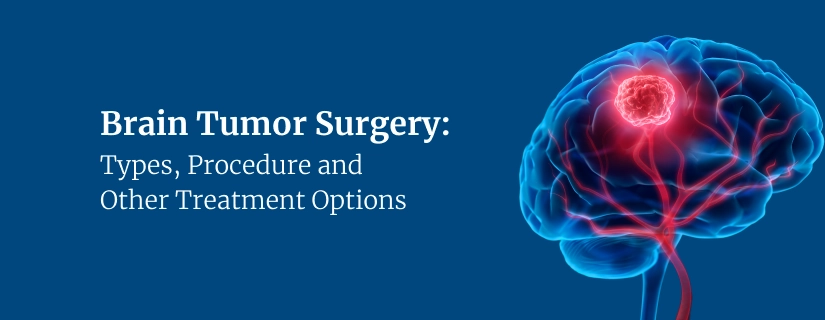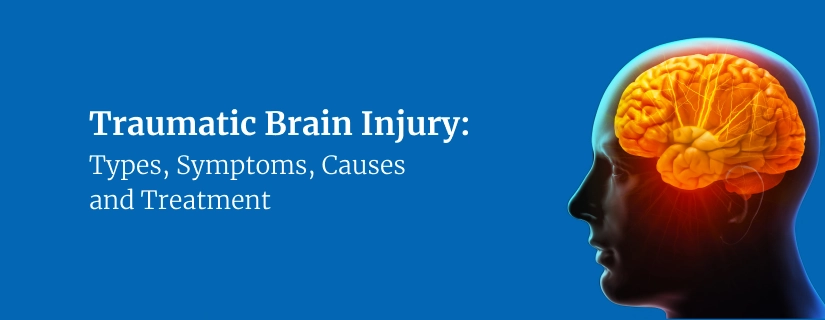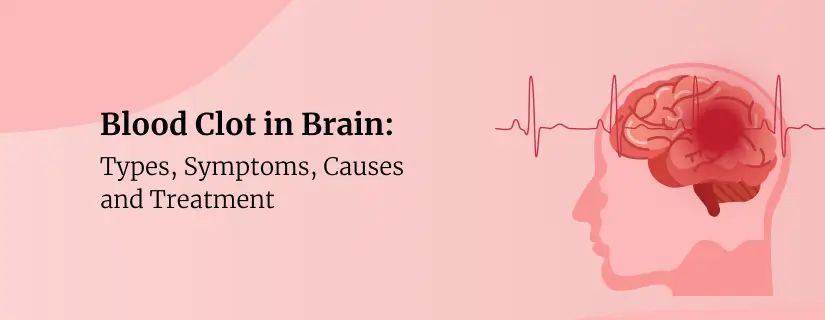-
Doctors
-
Specialities & Treatments
Centre of Excellence
Specialties
Treatments and Procedures
Hospitals & Directions HyderabadCARE Hospitals, Banjara Hills CARE Outpatient Centre, Banjara Hills CARE Hospitals, HITEC City CARE Hospitals, Nampally Gurunanak CARE Hospitals, Musheerabad CARE Hospitals Outpatient Centre, HITEC City CARE Hospitals, Malakpet
HyderabadCARE Hospitals, Banjara Hills CARE Outpatient Centre, Banjara Hills CARE Hospitals, HITEC City CARE Hospitals, Nampally Gurunanak CARE Hospitals, Musheerabad CARE Hospitals Outpatient Centre, HITEC City CARE Hospitals, Malakpet Raipur
Raipur
 Bhubaneswar
Bhubaneswar Visakhapatnam
Visakhapatnam
 Nagpur
Nagpur
 Indore
Indore
 Chh. Sambhajinagar
Chh. SambhajinagarClinics & Medical Centers
Book an AppointmentContact Us
Online Lab Reports
Book an Appointment
Consult Super-Specialist Doctors at CARE Hospitals
8 Facts About Brain Cancer
Updated on 15 July 2022
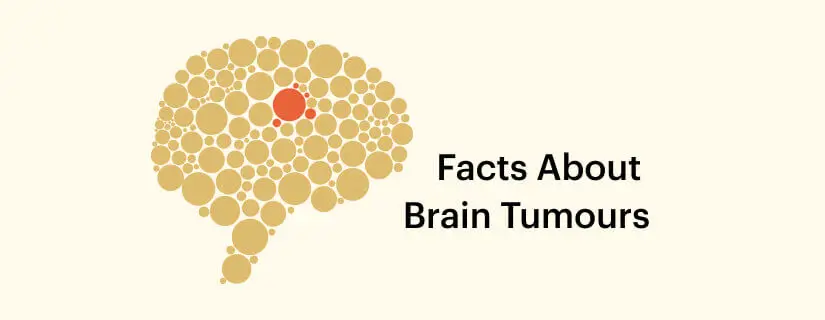
Table of Content
A brain tumour is a condition that can affect people regardless of gender, age, colour, size, or geographical location. It is a cancerous or non-cancerous mass or what many calls the growth of abnormal cells in the brain. The tumour can start in the brain or it can grow elsewhere in the body and gradually spread to the brain. However, the stage and type might differ from person to person. Sometimes, people with a brain tumour do not have any signs or symptoms and it may become evident only at the terminal stage.
Symptoms of a brain tumours can be general or specific. The general symptoms are caused by the pressure of the tumour on the brain or spinal cord. Specific symptoms are caused when a particular part of the brain is not functioning properly because of the tumour. Doctors and researchers are trying to understand the genetics and treatment of brain cancer.
8 Brain Cancer facts you need to know:
-
Doctors specialising in brain tumor treatment in Hyderabad have claimed that not all brain tumours are cancerous, some are benign or harmless. These harmless masses of cancerous cells mainly target the structural tissues of the brain. While some of the cancerous cells could be benign, some could be malignant, which means they could spread to other organs of the body.
-
Popular belief has it that, brain cancers are a common occurrence in India, but the incidence of brain cancer is extremely rare. The total number of malignant cases accounts for less than 2%.
-
There are various types of brain tumours which are categorised based on size, location, the origin of the cell and grade. So not all brain tumours fall in the same category.
-
Brain tumours are categorised mainly by 2 types:
-
Primary tumours are the ones that affect the brain cells, the membranes around the brain, nerves or glands and grow there.
-
Secondary tumours are metastatic tumours that affect a certain part of the body, say lungs, breasts, kidneys, stomach and intestines and over time they spread to the brain. Secondary tumours are more commonly found in India, than primary tumours.
-
-
The most common brain tumour symptom is the increasing severity of headaches, which is more in the mornings. Other symptoms include weakness in hands and legs, loss of balance while walking, blurred vision, seizures or fits, memory loss, vomiting and moodiness.
-
If the brain tumor specialist in Hyderabad or any other place speculates a brain tumour, he will advise a CT scan, followed by various types of MRI Scans to diagnose the grade of cancer. To identify if the tumour is benign or malignant, the tumour tissue is examined through a biopsy. Typically, this entails the opening of the skull and the removal of the tumour surgically.
-
The tumour treatment depends on the type/grade of cancer, age and general fitness.
-
Genetic mutation is a proven risk factor for brain cancers. These genetic mutations can occur at birth or in due course. A healthy lifestyle is no doubt a sure way to avoid medical complications during treatment.
Post-treatment care is a must to identify tumour recurrence. The patient should be watchful for common symptoms to be able to recognize the relapse of cancer at an early stage. Causes of brain tumours can be treated if they are identified in the initial stages. This requires a degree of awareness and keen observation of the slightest changes in the functioning of the body. It is best to contact a medical professional from the best hospital for brain tumor in Hyderabad in case of the slightest doubt so that treatment can be initiated in time.

ENQUIRY FORM
SELECT CATEGORIES
-
Neurosciences (16)
-
Neurology (37)
-
Neurosurgery (14)
-
Orthopaedics (47)
-
Oncology (33)
-
Obstetrics and gynecology (51)
-
Pulmonology (22)
-
Urology (20)
-
Nephrology (13)
-
Psychiatry (7)
-
Dietetics and Nutrition (109)
-
General Medicine (62)
-
Cardiac Sciences (30)
-
Vascular & Endovascular Surgery and Interventional Radiology (10)
-
Gastroenterology (46)
-
Endocrinology (23)
-
Plastic Surgery (10)
-
Critical Care Medicine (5)
-
COVID-19 (16)
-
Dermatology (16)
-
Emergency Care (1)
-
Ophthalmology (4)
-
Pediatrics (14)
-
Laparoscopic and Bariatric Surgery (8)
-
ENT (15)
-
Kidney Transplant (1)
-
Liver Transplantation and Hepatobiliary Surgery (5)
-
General Surgery (3)
-
Internal Medicine (5)
-
Medicine Information
DBS: A Life-Changing Procedure
Minimally Invasive Spine Surgery: Types, Procedure and Risk Factors
YOU MAY ALSO LIKE
RECENT BLOGS
-

Implantation Bleeding Vs Periods: Know the Difference
28 February 2025
Read More
-

Bloating During Ovulation: Symptoms, Causes and Remedies
28 February 2025
Read More
-

Itching During Dengue: Causes, Treatment and Home Remedies
18 February 2025
Read More
-
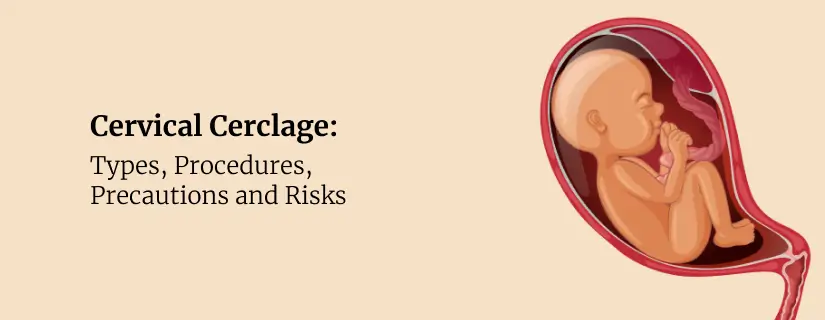
Cervical Cerclage: Types, Procedures, Precautions and Risks
18 February 2025
Read More
-

Everything to Know About Erythrocyte Sedimentation Rate (ESR)
12 February 2025
Read More
-
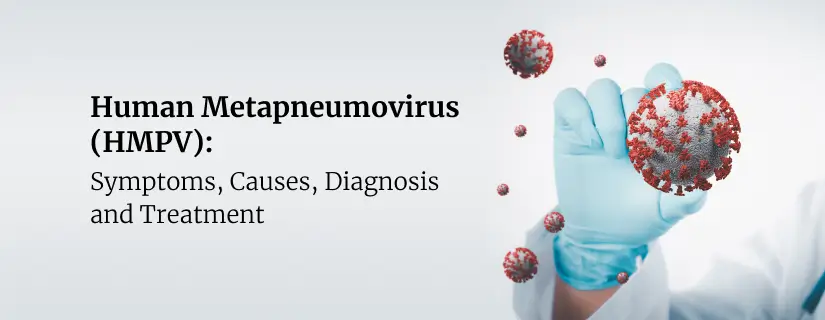
Human Metapneumovirus (HMPV): Symptoms, Causes, Diagnosis and Treatment
6 January 2025
Read More
-

How to Reduce SGPT Quickly
6 January 2025
Read More
-

Vitals Signs: Types, Normal Ranges and How to Track
24 December 2024
Read More
Have a Question?
If you cannot find answers to your queries, please fill out the enquiry form or call the number below. We will contact you shortly.








